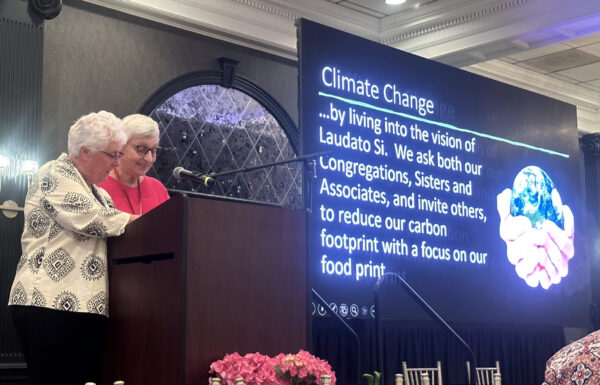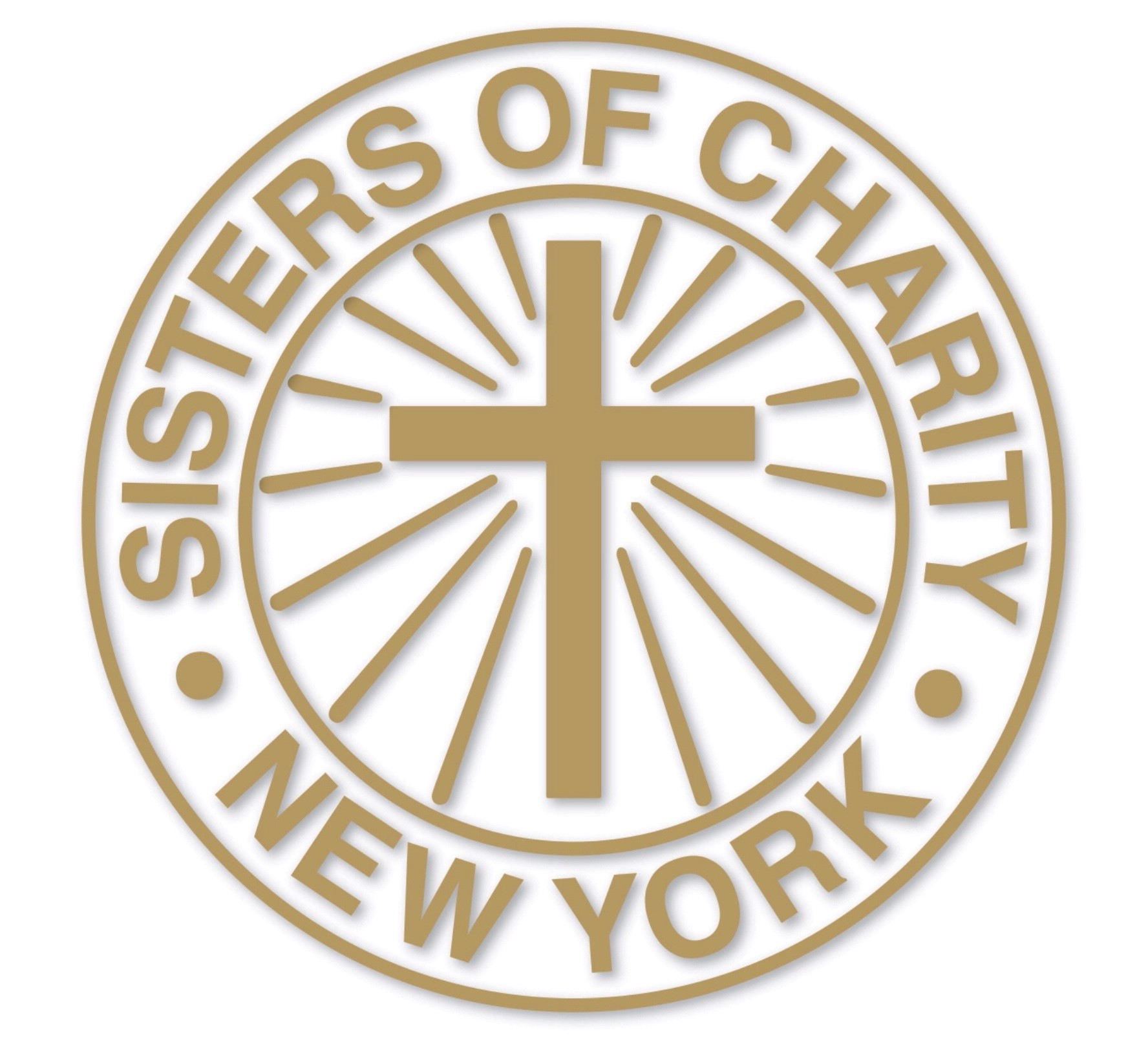
By Sr. Carol De Angelo, SC
Recently the Leadership Conference of Women Religious (LCWR) invited women religious in the United States to see with new eyes how we might live our gospel rooted ministry of peace, justice and integrity of creation in these critical times where compassionate listening, right relationships, bridge building among differences and divisiveness, healing and restorative justice are sorely needed. In online conversations hosted by LCWR we were invited to do the work of transformative justice.
As Sisters of Charity, we want to unearth the understanding of Transformative Justice, and its call and power, in our personal, and Congregational life. What does the term mean? What does it look like? How do we put Transformative Justice into practice? What conversations might we have to support each other in growing seeds of Transformative Justice so that our lives and world become like a blooming desert alive with colorful flowers. As Director of the SCNY PJIC Office I ask, “How is Transformative Justice different from what we currently do?”
To those already involved and others, I invite you to join me in a conversation around Transformative Justice and the above questions, so that the SCNY PJIC Office can respond to today’s signs of the times, and LCWR’s call.
I believe the Sisters of Charity of New York’s engagement in the Laudato Si’ Action Platform is a concrete way we live and put into practice transformative justice. Personally, and as Congregation, we have committed ourselves to an ongoing transformational journey with others towards ecological conversion and living from an integral ecology worldview. Our growing deepening awareness that we are a part of nature, not separate from it, and that we are connected to and in relationship with all of nature is taking root in our attitudes, actions, and the decisions we make.
The SCNY PJIC Office of Peace, Justice and Integrity of Creation and its Committees (Creations Transformative Energy, Global Poverty, Immigration and Voting & Anti-Racism) are involved in many aspects of the SCNY Laudato Si’ Action Platform Plan. Together we raise awareness, educate and advocate on issues that affect our Common Home, Planet Earth, and its peoples. Our guideposts and framework are gospel values and Catholic Social Teaching. We try to do this from a contemplative attitude that leads to: “seeing with new eyes”; open hearts, minds, and wills; and, acting in hope towards personal and systemic change. Our vision is to bring forth a world where compassionate healing love is manifested in personal actions and systemically in structures, laws, policies, and practices. We call this God’s Beloved Community. Our mission as Sisters of Charity is to reveal God’s love to all, especially those most in need.
I am grateful to the Sisters, Associates, and Volunteers who help the PJIC Office carry on the mission and ministry of the Sisters of Charity of New York. We come together in different ways to learn, inquire, be inspired, find hope, advocate, and grow a community of faith and like-minded persons acting to create a life-giving future where justice and peace flow. As we look to the summer when the Committees will take a break from meeting and hosting events, I thought it might be a good time to invite reflection on transformative justice and to see how / if it is manifested in recent past events.
Below is a partial list of events (and links to recordings) that the PJIC Office and its Committees offered since September. We invite readers to listen to one of these online events and note what touched you.
Click here to view September 2022 National Migration Week Interfaith Prayer. Click here to listen to four panelists share their experiences in “People of Faith Welcoming Persons Without Homes”. Click here to listen to a Coming Home Program and Clean Slate Conversation. Click here to listen to The Criminal Legal System: The Impact on the Community and Relationship to Poverty and learn about NYS Clean Slate Bill we hope will pass in this NYS legislative session. Click here to listen to Dr. Jawanza Clark’s presentation, Whose Earth Is It Anyway? Decolonizing EcoTheology, where he offers a different perspective of familiar Scripture stories and stories of Black and indigenous peoples.
As we journey together, I pray that our understanding of transformative justice and integral ecology will lead us to an ecological conversion that will allow Earth, her peoples, and all life to thrive and flourish. We welcome comments, insights, and questions in the comment box. You are invited to join us on this amazing journey! Let us know!
